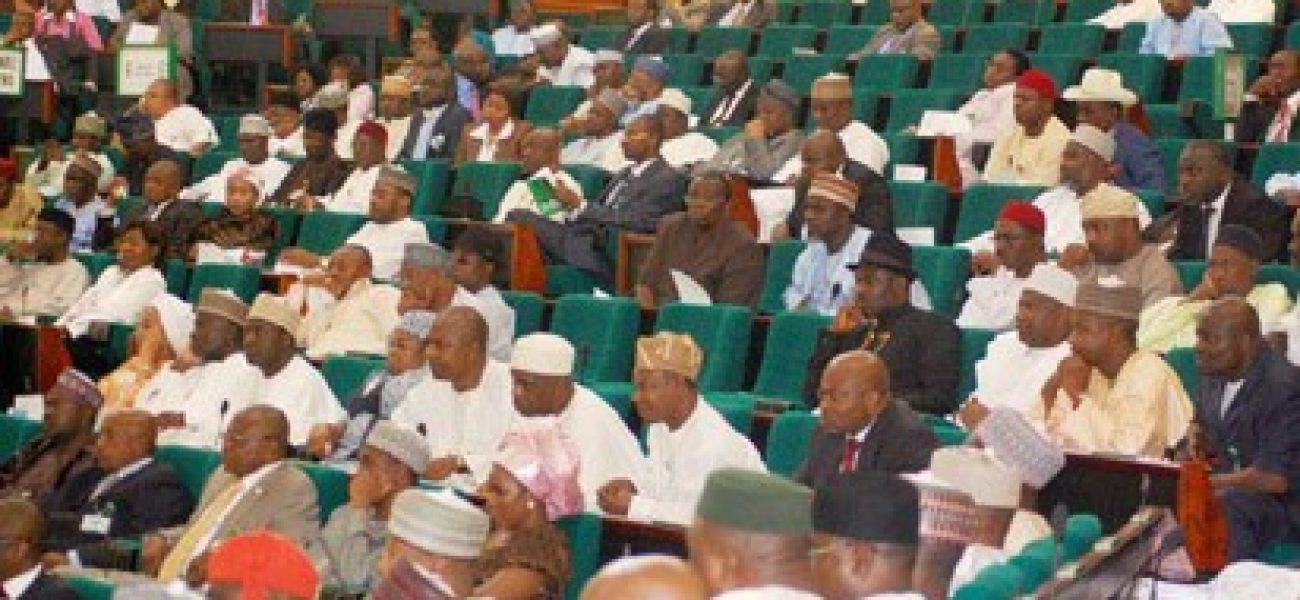A Bill seeking to regulate Commodities Future Trading in Nigeria has passed second reading in the House of Representatives. The Bill, which was read for the second time on Thursday, 19th September, 2019 provides for the establishment of a Commodities Future Trading Commission in Nigeria headed by a Director-General to regulate the Conduct of Commodities Business, register commodities exchanges and derivative trading facilities. While a commodities exchange can be informally described as an exchange or market, where various commodities are traded, section 29 of the Bill provides its formal definition as “an approved commodities organisation such as an over the counter market, metal exchange, petroleum exchange, options, futures and derivative exchanges…” It also defines a derivative trading facility as an “Exchange” registered by the Commodities Future Trading Commission “which constitutes, maintains or provides a market place for bringing together purchasers and sellers of commodities.”
Other functions and powers of the proposed Commission would include the registration, regulation of corporate and individual commodity future market operators, central depository companies, clearing and settlement companies and the establishment of a nation wide system for commodities future trading in Nigeria. The Commission will also be the regulatory apex organisation for the Nigerian Commodity futures market.
Currently, the Securities and Exchange Commission regulates and supervises Nigeria’s 3 commodities exchange Markets which are the Abuja Securities and Commodities Exchange (dealing with agricultural products), Lagos Commodities and Future Exchange (LCFE), (dealing with agricultural products, oil, gas and currency) and AFEX Commodities Exchange Limited (dealing with agricultural products). In addition, some of the proposed functions of the Commodities Future Trading Commission such as the registration and regulation of securities depository companies, securities exchanges, futures, options and derivatives exchanges, clearing and settlement companies are already being carried out by the Securities and Exchange Commission. Therefore, it is arguable that the Bill’s objectives could be better served by the existing Securities and Exchange Commission (that was created under the Investment and Securities Act, 2007) or by an amendment of its enacting legislation rather than incurring further costs by duplicating and establishing a new Commission. The Bill proposes that the Commission is funded by sums provided by the Federal Government.

